|
LISTEN TO THIS THE AFRICANA VOICE ARTICLE NOW
Getting your Trinity Audio player ready...
|
East African force exits DRC Amid Worries of Insecurity Vacuum
The final troops of the East African Regional Force (EACRF) departed the Democratic Republic of Congo (DRC) Thursday, December 21, 2023 after a year-long deployment aimed at curbing rebel violence in the eastern region. Their departure leaves a void of security and raises questions about the future of the conflict.
The EACRF, composed of soldiers from Kenya, Uganda, Burundi, and South Sudan, began withdrawing earlier this month after the DRC government, citing concerns about the force’s effectiveness, declined to renew its mandate. Despite the criticism, Maj-Gen Alphaxard Kiugu, the force’s Commander, defended its achievements in an interview with The East African newspaper. “We achieved our mandate despite the negative propaganda,” he claimed.
Kiugu, however, expressed concern about the potential for armed groups, including the notorious M23 rebels, to exploit the security vacuum left by the EACRF’s exit. This warning echoes concerns from local communities and civil society groups, who fear renewed violence in the absence of a robust security presence.
The departure of the EACRF coincides with two other major developments in the DRC’s security landscape. Firstly, soldiers from the Southern African Development Community (SADC) are preparing to take over the peacekeeping mantle. However, the timing and scope of their deployment remain unclear, leaving a temporary gap in security.
Secondly, the UN Security Council on Tuesday voted for the gradual withdrawal of the UN peacekeeping mission (MONUSCO) from the DRC. This decision, while welcomed by some who view MONUSCO as ineffective, further complicates the security situation in the country.
The confluence of these developments leaves the eastern DRC facing a precarious future. The effectiveness of the incoming SADC force, the potential resurgence of rebel activity, and the gradual withdrawal of MONUSCO all contribute to a climate of uncertainty.
Egyptian President El-Sisi Secures Third Term
Egypt’s President Abdel Fattah al-Sisi secured a third six-year term in office with 89.6% of the vote, according to the electoral commission’s announcement. The former army chief faced three lesser-known candidates, with the runner-up receiving only 4.5% of the votes.
The election, held last week, was marked by the withdrawal of leading opposition candidate Ahmed Tantawy, who cited intimidation and violence against his campaign. The economy and the Gaza conflict were key issues debated during the campaign.
President Sisi, 69, first came to power in 2014 following the military’s removal of his predecessor, Mohammed Morsi. He was re-elected in 2018 and this latest victory extends his rule until 2029, when he is constitutionally barred from running again.
President Sisi’s administration has overseen major infrastructure projects, including road expansions, flyovers, and a new capital city near Cairo. However, critics argue these projects have drained the country’s resources and contributed to rising debt levels.
The Egyptian pound has lost over half its value against the US dollar in the past nine months, pushing basic goods beyond the reach of many households and fueling a black market for foreign currency. Official figures indicate that nearly 30% of Egypt’s 100 million people live below the poverty line.
Opposition groups and human rights activists have raised concerns about limitations on dissent and tight security restrictions, making it difficult to monitor potential human rights abuses. Egyptian authorities have denied these allegations.























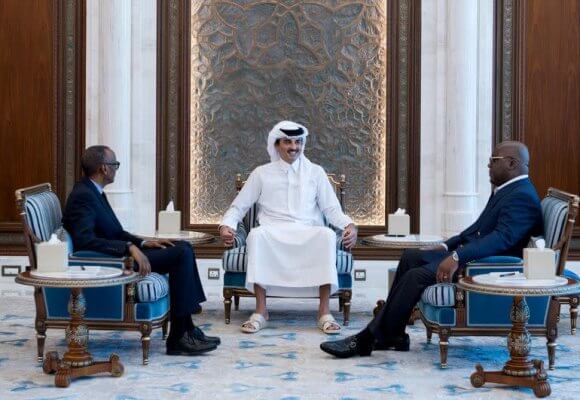
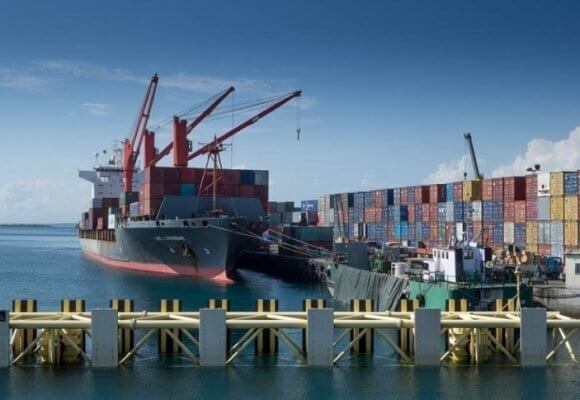
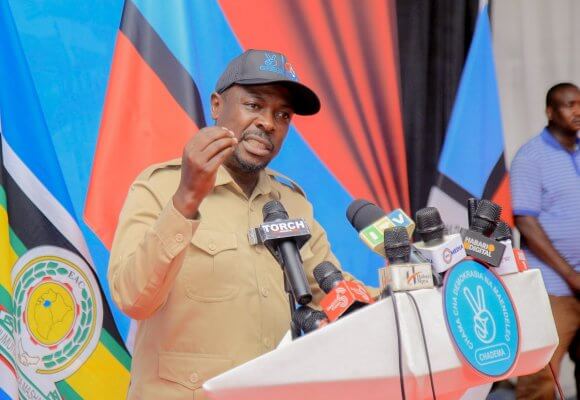
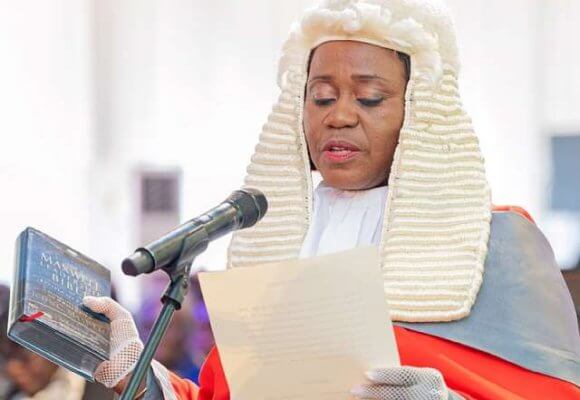
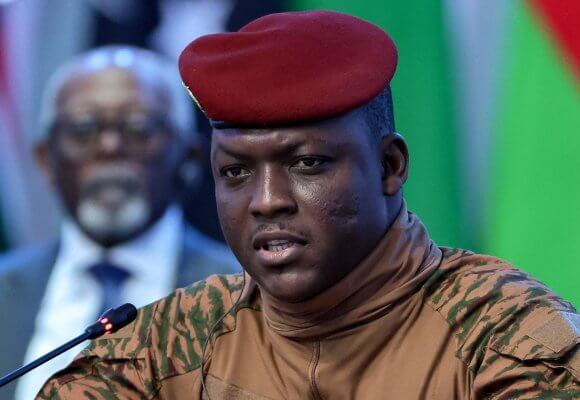


LEAVE A COMMENT
You must be logged in to post a comment.